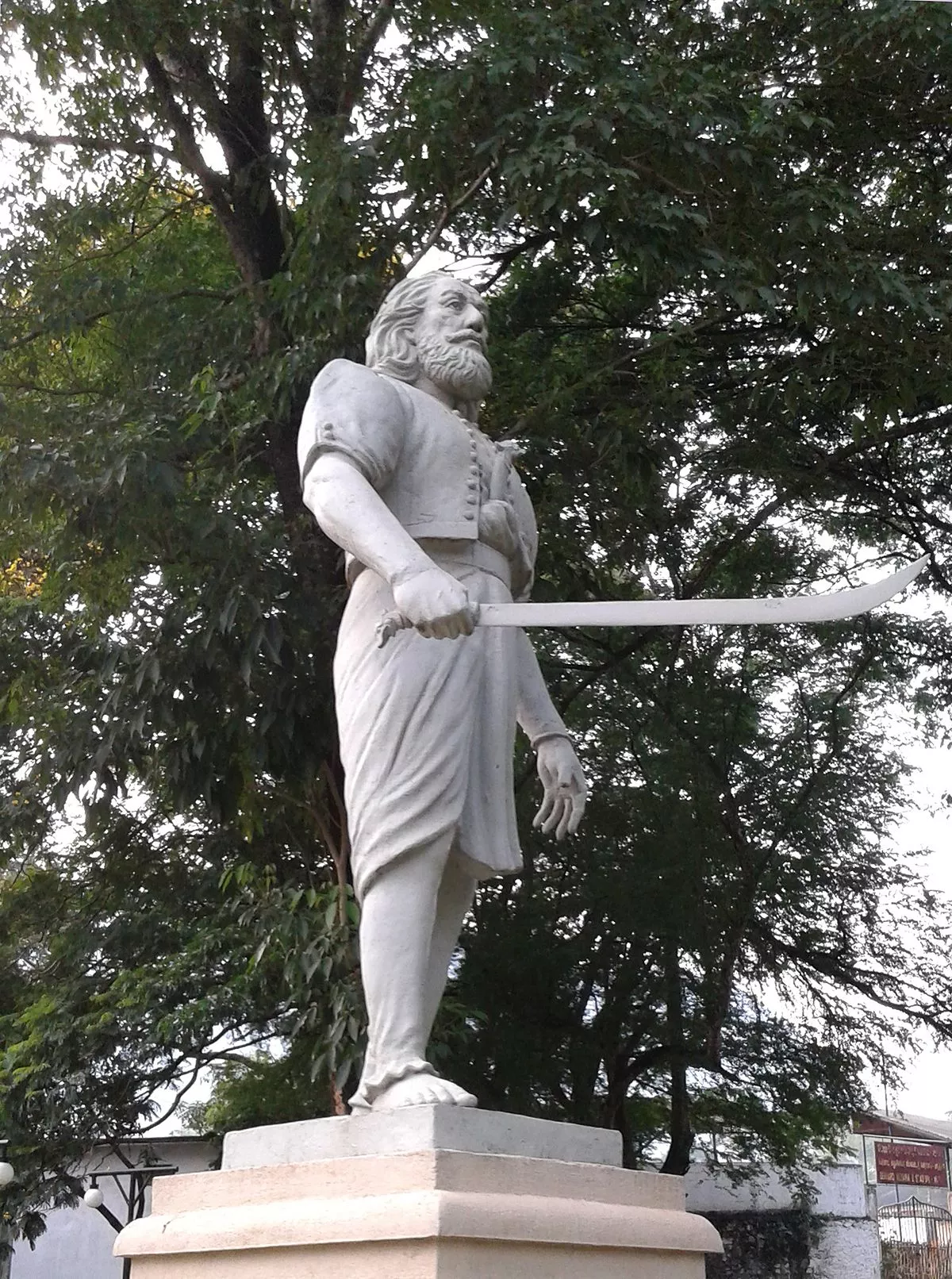 1.
1. Rajapaksa Wickramasekera Mudiyanselage Bandaranayake Monarawila Keppetipola, more widely known as Keppetipola Disawe was a Disawe, a high-ranking official under the rule of King Sri Wikrama Rajasinghe and later under the British Administration in Sri Lanka.